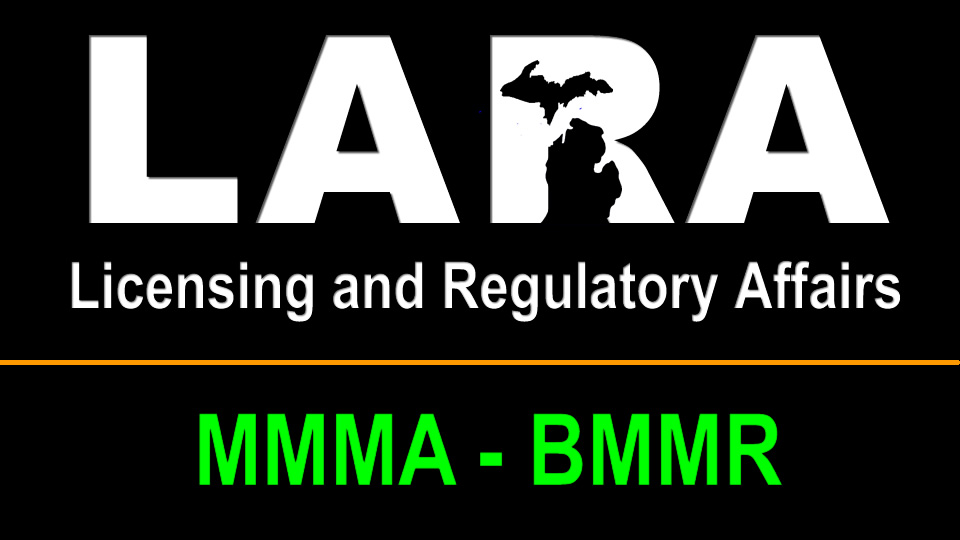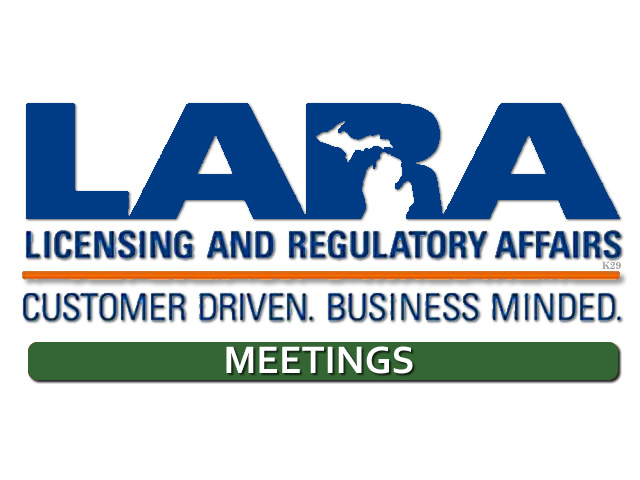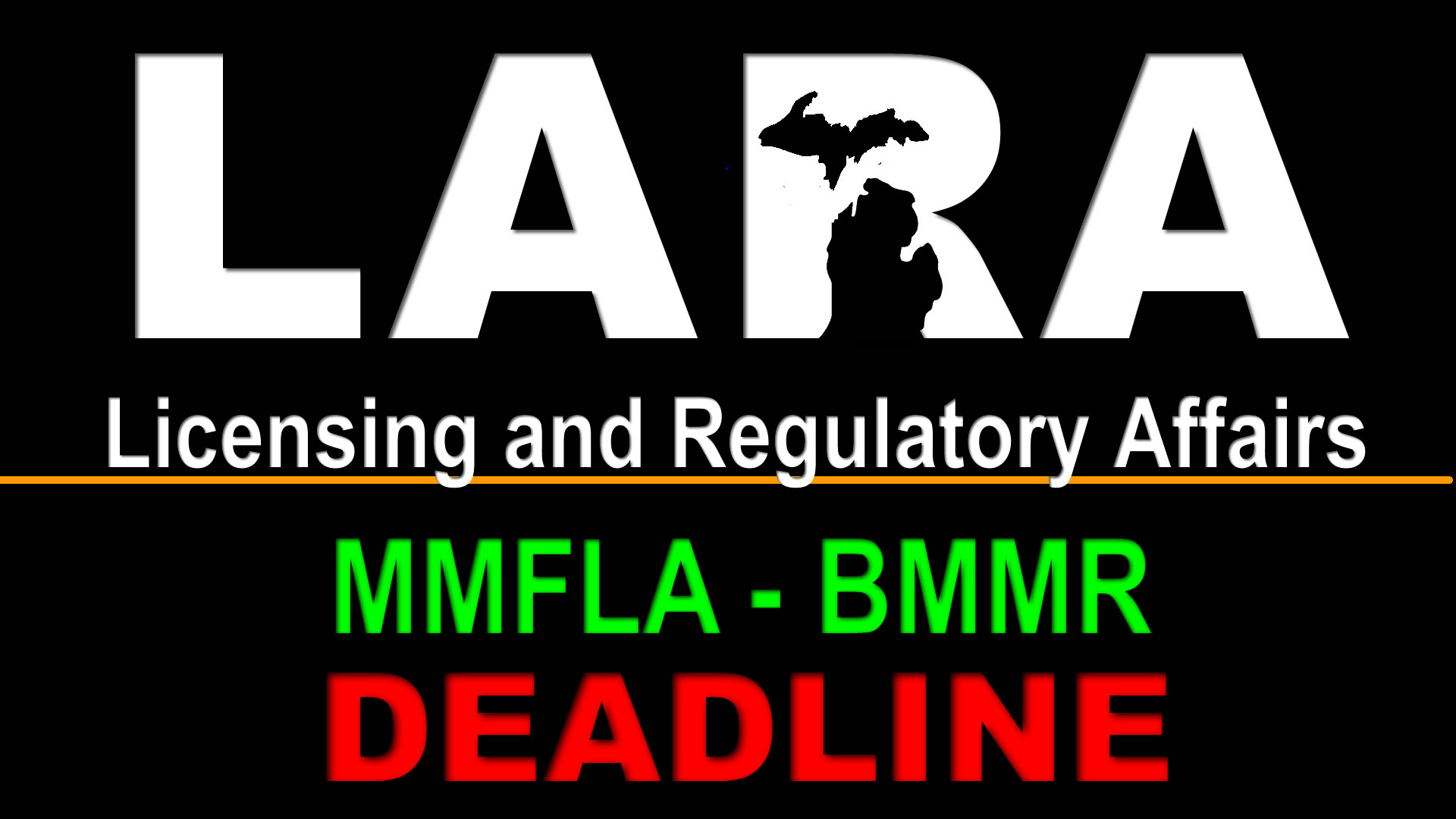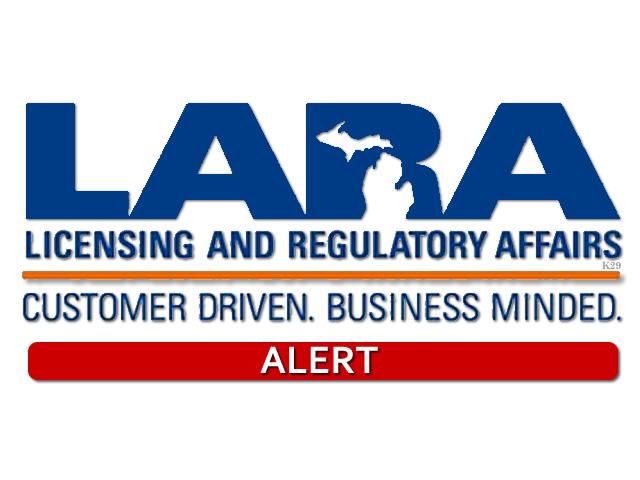
Hemp Legalization Is In The Final Farm Bill
The 2018 Farm Bill will include a provision to legalize industrial hemp, Senate Majority Leader Mitch McConnell (R-KY) and the top Republican and Democrat on the House Agriculture Committee confirmed on Thursday.
Thanks for your hard work, @SenPatRoberts, for our farmers, rural communities and all Americans. Pleased that my provision to legalize industrial hemp is included in the Farm Bill. https://t.co/FSLY3CugIN
— Leader McConnell (@senatemajldr) November 29, 2018
Lawmakers in the Senate and House Agriculture Committees announced that they’d reached an agreement in principle on the large-scale food and agriculture policy legislation and were in the process of finalizing “legal and report language.” But while there’s still “more work to do,” it seems that hemp legalization made the cut.
The Congressional Budget Office is currently scoring the bill. Once that’s complete and language is officially filed, the Farm Bill will be teed up for up-or-down votes in both chambers of Congress and, pending approval, sent to the president’s desk. Lawmakers are hoping to pass the bill before the end of the year.
Hemp would be defined as all parts of the plant—including seeds and extracts—as long as they contain less than 0.3 percent THC, according to VoteHemp.The crop would also be entirely removed from the Controlled Substances Act under the legislation.
States that want to be primary regulators are required to submit applications outlining their regulatory plan to the USDA, which will have 60 days to make a decision.
When Congress passed the Farm Bill of 2014, it included Sec. 7606 authorizing state regulated research pilot programs with hemp. That program has been a huge success growing to include over 3,500 licensed participants who planted more than 77,000 acres in 2018. At the same time, the U.S. market for hemp products has grown to more than $800 million as of 2017. However, hemp pilot program regulations are burdensome and are made even more challenging by heavy handed Drug Enforcement Administration oversight. Vote Hemp, along with thousands of businesses and advocates, have been pushing for commercial hemp farming legislation and removal of roadblocks to the growth of the U.S. hemp industry.
Congress has been negotiating a new Farm Bill and is once again considering federal policy regarding hemp thanks to leadership from Senator McConnell (R-KY) and Senator Wyden (D-OR). The House and Senate each passed their versions of the bill and the Senate version included language from the Hemp Farming Act of 2018 that removes hemp from the Controlled Substances Act and allows farmers to grow hemp commercially under a state or federal license.
What will the new Farm Bill hemp law do?
- Define industrial hemp broadly to cover all parts of the Cannabis plant including seeds, derivatives, extracts, cannabinoids etc as long as it has a THC level of 0.3% or less
- Remove hemp completely from the Controlled Substances Act (CSA)
- Make USDA the sole federal regulatory agency overseeing hemp cultivation
- Include native American tribes which were not explicitly included in Sec. 7606 of the 2014 Farm Bill
- Authorize and fund hemp research as part of the Supplemental and Alternative Crops program and the Critical Agricultural Materials Act
- Authorize federal crop insurance for hemp
- Require USDA to develop federal regulations for hemp farming that may be used in states that choose not to be the primary regulator
- Require states wishing to have primary regulatory authority to submit a plan for regulation to USDA that meets minimum requirements
- Repeals Sec. 7606 hemp research program 1 year after USDA establishes federal regulations for hemp farming
- Require USDA to conduct a study of state hemp agricultural pilot programs
If the Farm Bill is signed into law before the end of 2018, it will go into effect beginning on January 1, 2019. However, it will take time for the new law to be implemented. In states where hemp is legal, state departments of agriculture will need to submit regulatory plans to USDA for approval.
There are a few minimum requirements that a state plan must have:
- a practice to maintain relevant information regarding land on which hemp is produced, including a legal description of the land
- a procedure for testing the crop
- a procedure for conducting annual inspection (limited to one per year)
- a procedure for the effective disposal of products that are produced in violation
- a procedure to comply with the enforcement procedures
- a certification that the State or Indian tribe has the resources and personnel to carry out the requirements
What about hemp extracts containing CBD?
The Farm Bill removes hemp completely from the CSA. It makes is 100% clear that cannabinoids are included so hemp derived CBD will not be a controlled substance. The bill does not change requirements of the Federal Food, Drug, and Cosmetic Act so producers are still subject to FDA regulations. The FDA has stated in an FAQ that it is their current opinion that CBD may not be sold as a dietary supplement but they have not said that whole plant hemp extracts are covered. Their logic is that a previous application for the drug Epidiolex prohibits the sale of the same substance as a dietary supplement. But Epidiolex is pure CBD and is not the same as a whole plant hemp extract. The industry does not agree with FDAs stance on CBD and there will likely be further developments on this.
Visit the MMMA Forum to learn more and open discussions
About Komorn Law
Komorn Law has represented numerous clients through the legal chaos of starting up a business in the Michigan Medical Marihuana Industry as well as consulting and legal representation for Medical Maruhuana Patients and Caregivers.
If you or someone you know has been arrested as a result of Medical Marijuana, DUI, Drugs, Forfeiture, Criminal Enterprise or any other criminal charges please contact our office and ensure you’re defended by an experienced lawyer.
Attorney Michael Komorn is recognized as an expert on the Michigan Medical Marihuana Act. He is the President of the Michigan Medical Marijuana Association (MMMA), a nonprofit patient advocacy group which advocates for the rights of medical marijuana patients and their caregivers.
Contact us for a free no-obligation case evaluation 800-656-3557.
Follow Komorn Law
- You Tube
- Komorn Law Blogs
- MMMA
- Planet Green Trees (Law Topic Radio Show)
- Legal Defense Alliance (Pre-paid Legal Assistance)
- Michigan Medical Marijuana Association (Forums)





